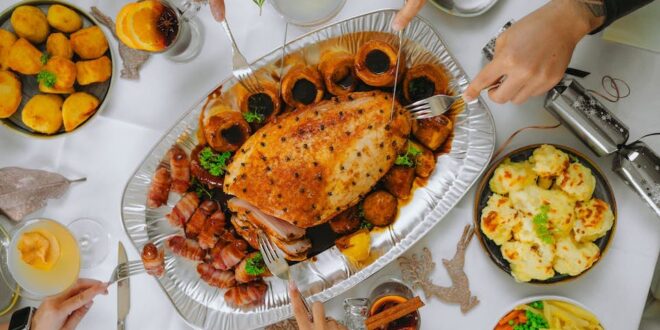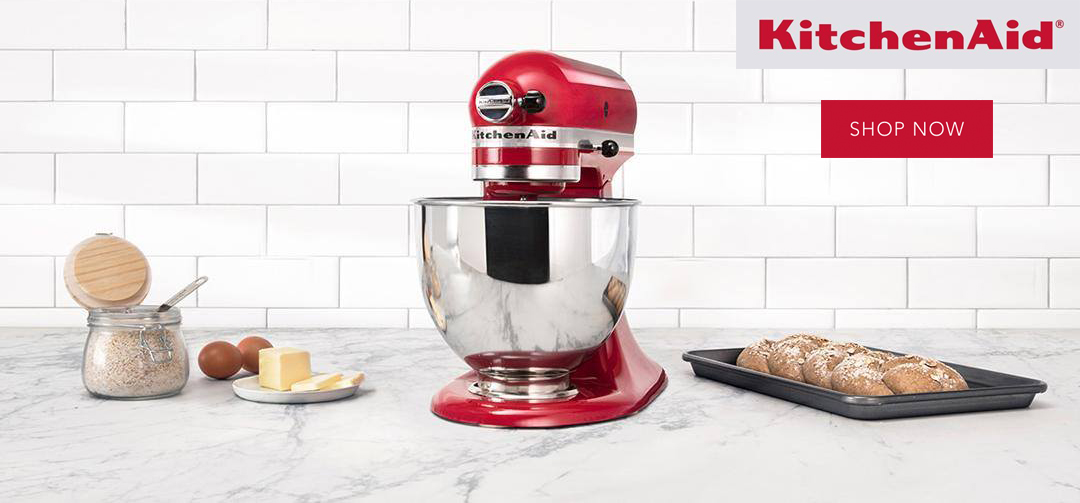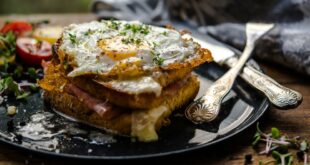Everyone enjoys a little dinner-table indulgence on Christmas Day, but if you’re unaccustomed to rich food, especially in combination with alcohol, the results can be distressing. So much so, symptoms such as indigestion, heartburn, sweating, nausea, excess gas, diarrhoea, and dizziness, can send you home early from the party. If you want to feel well throughout Christmas day, and the next, consider these simple tips for indulging in moderation:
Preloading
This rather odd term has become synonymous with the ‘drinking culture,’ where (generally) young people consume excess alcohol at home before leaving for a venue where they must pay over the bar for more costly drinks. But preloading is also a health-term, and in this case it refers to drinking at least 500mls of water in the half hour prior to eating a meal. The water provides a feeling of fullness so we are less likely to eat more than we want to at a meal. While 500mls of water may not suit all of us, drinking a healthy glass or two of water prior to Christmas Dinner, will help keep our appetite in check.
Plate-wise
Christmas Dinner’s tend to be buffet affairs, for convenience. But research shows we’re likely to eat more at a buffet than we would à la carte. That’s because (among other reasons) buffets have greater eye-appeal, and we enjoy being ‘in control’ of our own portion size. Curb the tendency to overload when serving yourself by sticking to the healthy plate rule (even at Christmas). It stipulates your serving should comprise 1/2 vegetables, 1/4 lean protein, and 1/4 carbohydrates. Always choose a smaller plate (if available) rather than a larger one, and when selecting a variety of foods, keep mains to a tablespoon each, and sauces to a teaspoon (get out the measuring spoons from the baking cupboard before you leave home, to remind yourself of what these measurements actually look like). Several spoons soon add up!
Enjoy and observe
You may have noticed some diners like to position themselves as close to food as possible. If you’re dining buffet this Christmas, serve yourself, then choose a seat as far from the food as you can get. Eat slowly, savour every mouthful, and take time to enjoy your surroundings and conversation with other guests. Observe how many guests return again (and again) to the table before you’ve even finished your meal. It will help you to feel less likely to do so yourself.
Save it!
If dessert is served immediately after the meal, or while you’re still not ready for it, don’t be shy about asking your host if they would mind popping your serving in the fridge so you can enjoy it later. That way, you can eat when others are having their afternoon tea or evening meal. You could even ask to take your dessert home.
Alcohol
Most of us are familiar with official advice over daily alcohol servings (two standard drinks a day for women. Three standard drinks a day for men). But on Christmas day, when you are likely to be consuming richer food than you usually would, it pays to cut back on alcohol even further. And to drink only in conjunction with eating a meal. If you think your host won’t have non-alcohol drinks, take your own (and include plenty of sparkling mineral water).
Two top tips for hosts
Help your guests not to overindulge by announcing you’ll be sending home leftovers with whoever would like them. That will reduce everyone’s tendency to eat too much in one sitting (and also act as a hint you would prefer it if there were some leftovers!).
When slicing portions of any food (especially cakes and desserts), keep the serving sizes to half what you would normally make them. It encourages diners to take less, and makes it easier for smaller eaters to serve themselves.










Join the Discussion
Type out your comment here:
You must be logged in to post a comment.